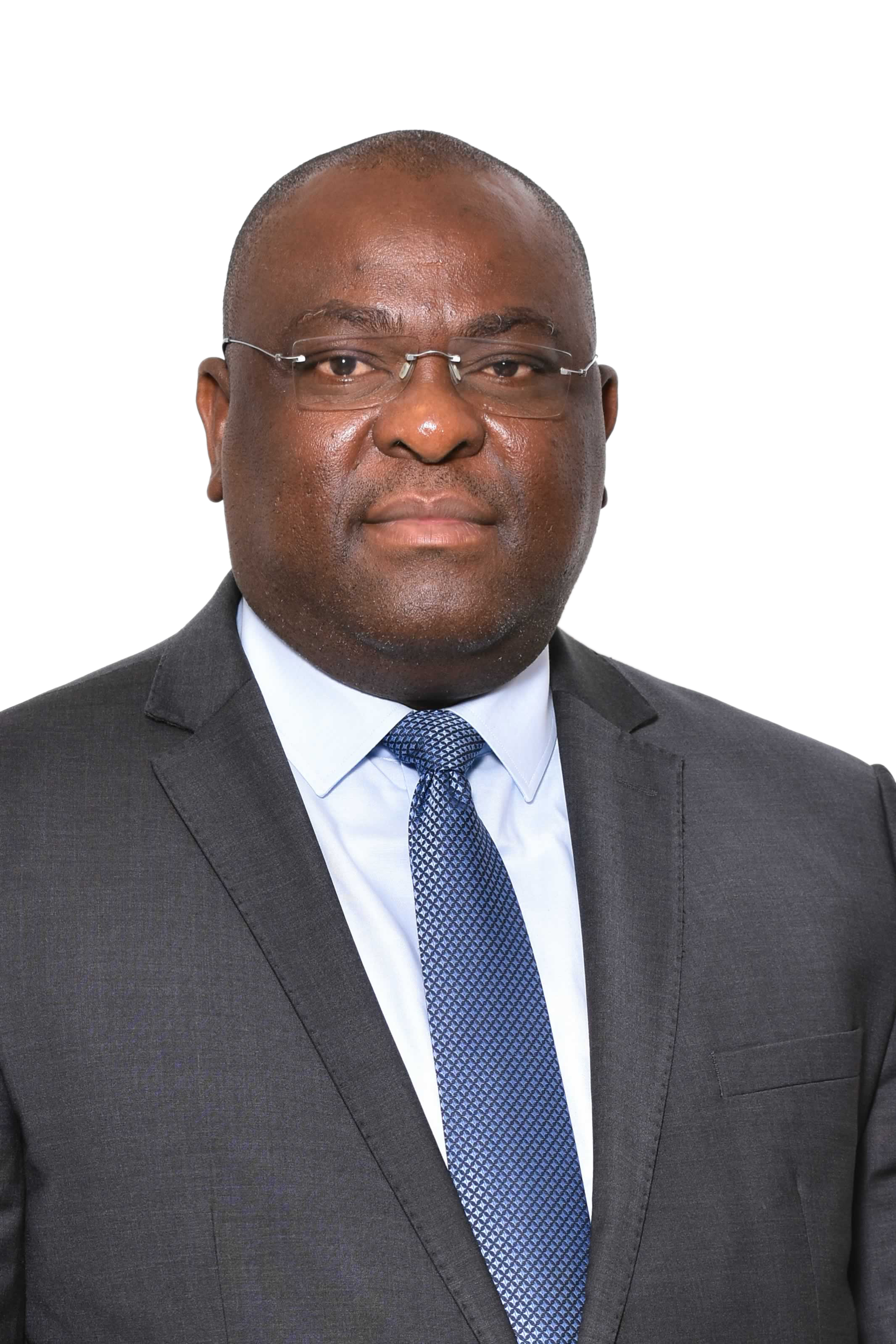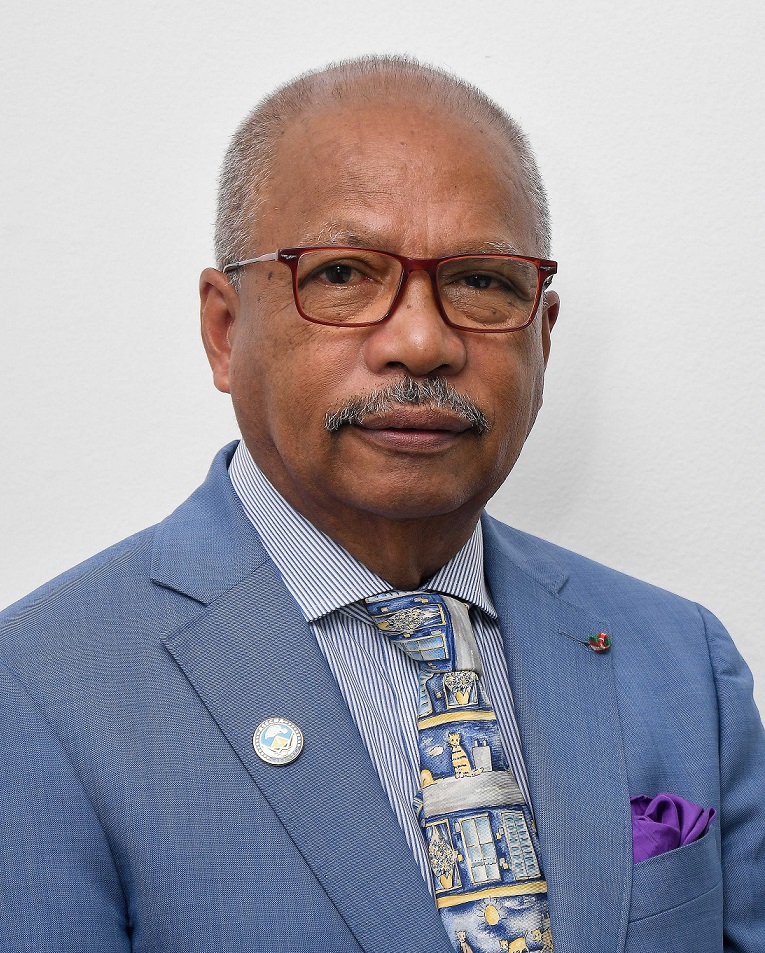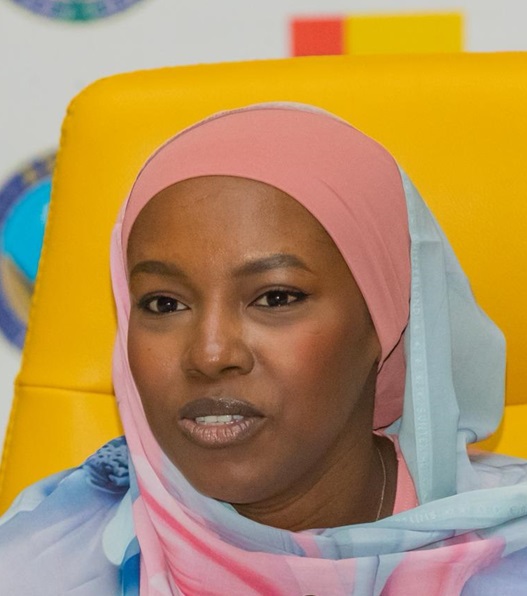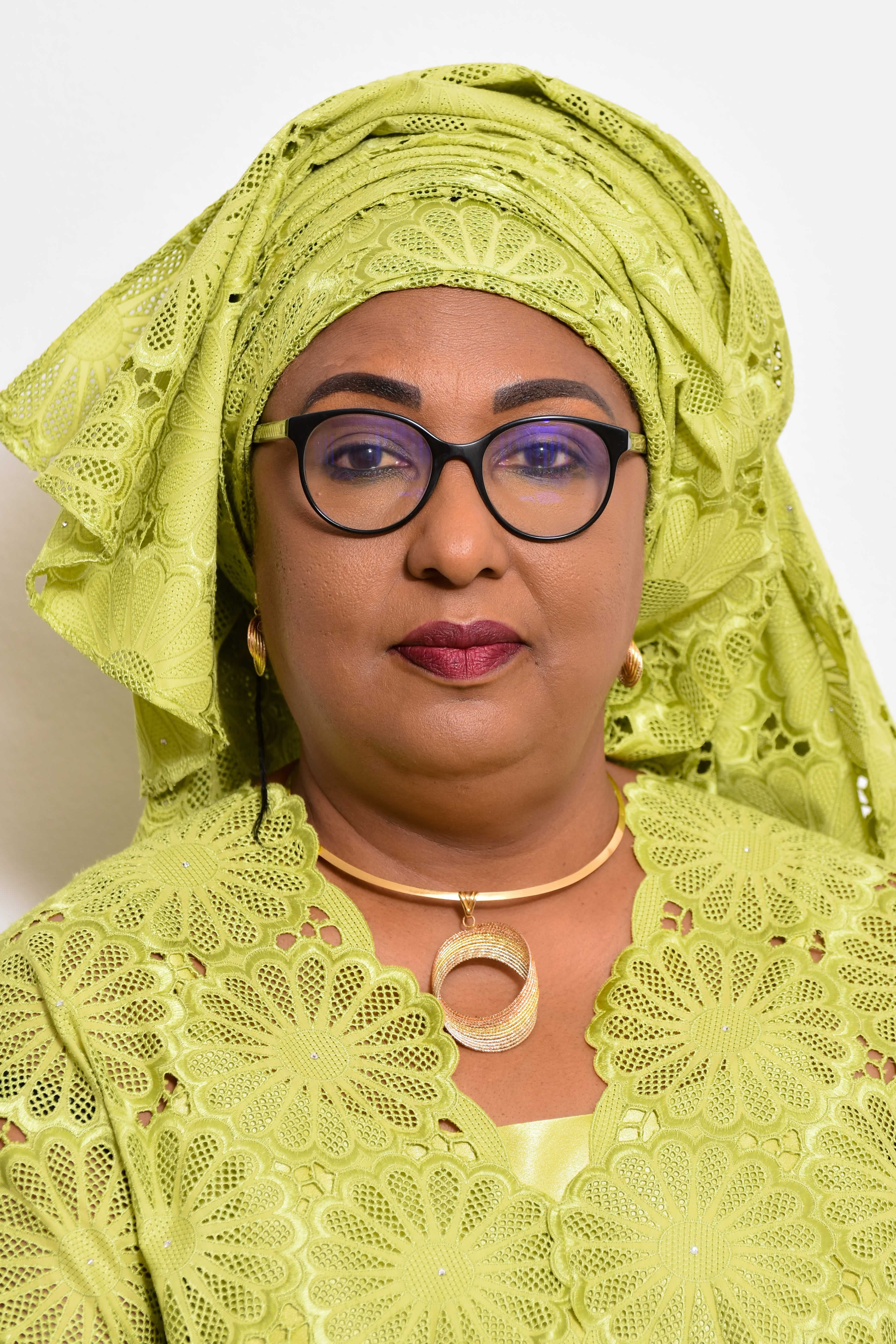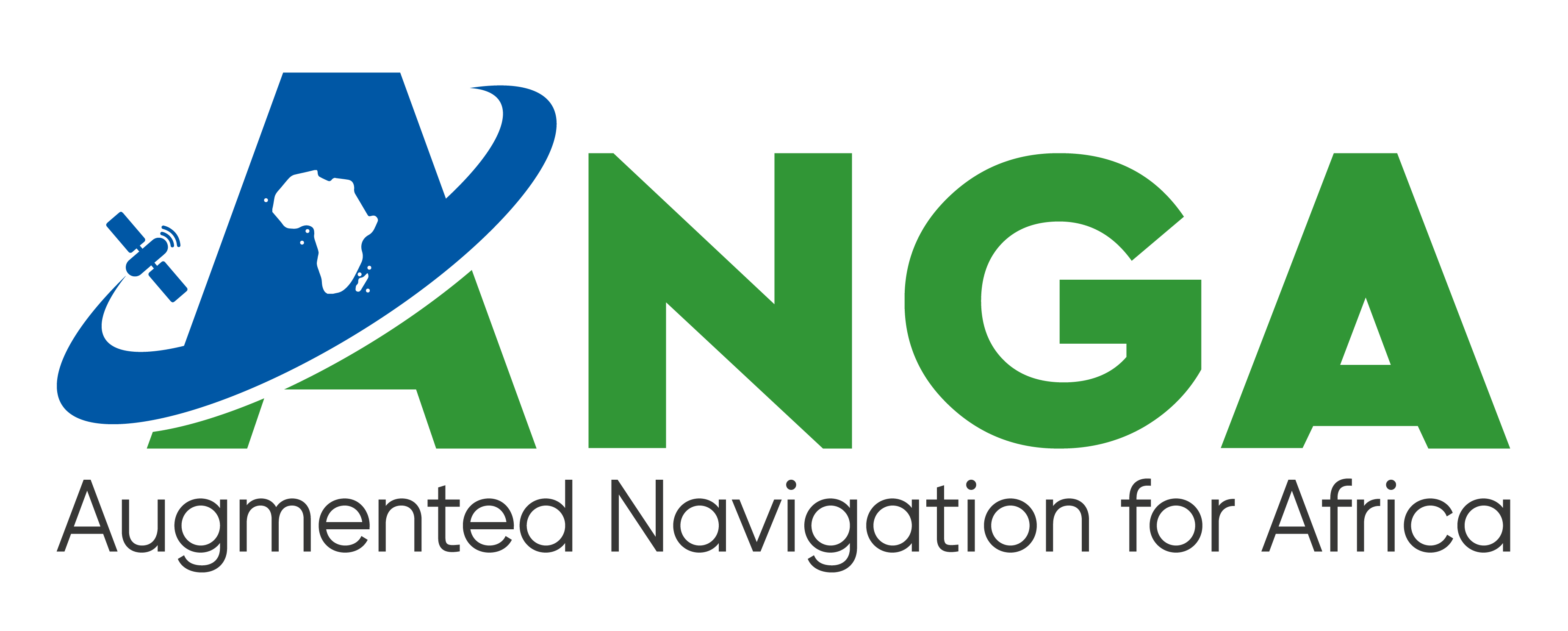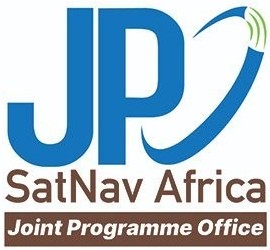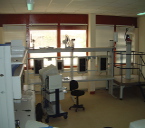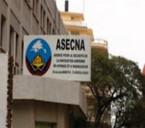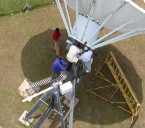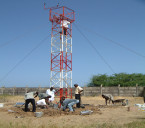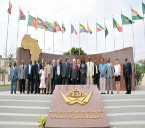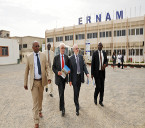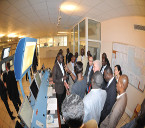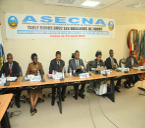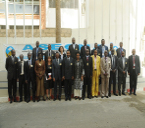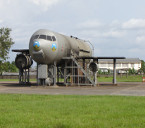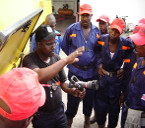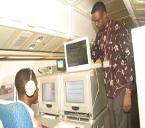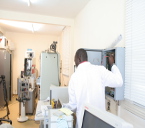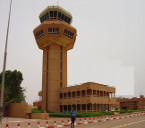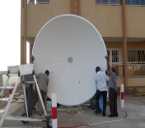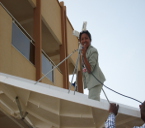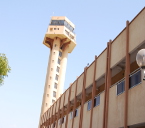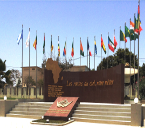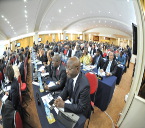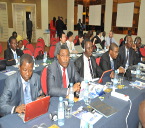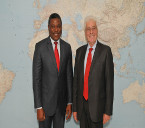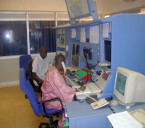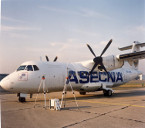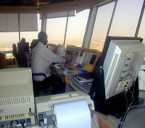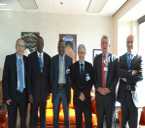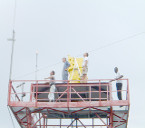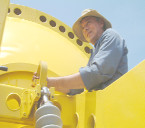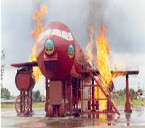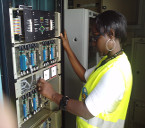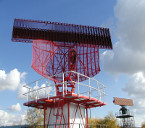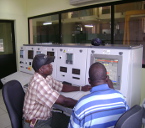Cooperation
ASECNA is working relentlessly to achieve the integration of the African Sky; it also maintains economic and technical cooperation with European countries, and more generally with countries around the world; a fundamental option so as to tackle all challenges arising from aviation business.
It forges special relationships with:
- The Member countries
The member States in their move to improve upon safety and security are being supported by ASECNA. It therefore invests itself in a series of bilateral and regional activities namely:
• On the project relative to the creation of AAMAC- African and Malagasy Civil Aviation Authorities. The aim is to harmonize regulations in the area of civil aviation;
• In the implementation of the ICAO supervisory audit programme in its main airports;
• In the creation of an AVSEC/ICAO training centre on airport security.
- International bodies
ASECNA forges special relationships with international bodies working in the field of civil aviation such as:
- ICAO (International Civil Aviation Organisation)
In its capacity as an observer or through its experts appointed by its member States, ASECNA attends all regional and international meetings under the aegis of ICAO.
- WMO (World Meteorological Organisation)
ASECNA has the status of observer at the WMO. It regularly participates in the meetings of the organization such as congresses, executive council and various technical commissions. It develops cooperation with the WMO as part of coordination strengthening with the NMDs (National Meteorological Departments)
- IATA (International Air Transport Association)
Aware of the importance of dialogue with the users of its services, ASECNA maintains a close partnership with IATA through:
- Two (2) annual meetings devoted respectively to
- The monitoring of investments in the field of air navigation safety
- The negotiating of en-route, landing and beaconing tariffs.
- Consultations holding during the development of investment plans related to the ICAO regional AFI programming.
Being that original inter-States institution, unique of its kind, ASECNA keeps up on-going relationships with several organizations notably:
- ITU (International Telecommunications Union),
- EUROCONTROL
- EUMETSAT,
- INTELSAT,
- SITA etc.
- AFCAC (African Civil Aviation Commission).
Besides, ASECNA is a member of:
- ITA (Institut du Transport Aérien) and of
- ACI (Airports Council International)
States or State-owned institutions, providers of air navigation services in the adjacent airspaces.
Bilateral cooperation agreements materialize the willingness to commonly strive so as to provide the best service to all users, among whom:
| AENA (Espagne-Las Palmas) | GCAA (Gambie) |
| ANA (Guinée) | Soudan du Sud |
| ASA (Cap-Vert) | NAMA (Nigeria) |
| ONDA (Maroc) | ATNS (Afrique du Sud) |
| ENASA (Sao Tomé et Principe) | RVA (Congo Démocratique) |
| ENNA (Algérie) | Lybie |
| ENANA (Angola) | FAA (USA) |
| NAMA (Nigeria) | Rwanda |
Adjacent Firs
- ACCRA FIR (Ghana)
- ROBERTS FIR (Guinea-Conakry, Liberia, Sierra Leone)
- KHARTOUM FIR
The abovementioned cooperation agreements cover a variety of areas including:
Information and experience sharing
- CNS/ATM
- operational coordination
- Training
- Personnel exchanges
- Flight calibration
- Maintenance
The cooperation policy adopted by ASECNA enables it not only to enhance a quality service provision but also to contribute to the development of the air safety in the AFI zone, and even beyond. To that effect initiatives are regularly taken by the Agency through the organization of international events to facilitate coordination at multilateral or regional levels.
Partnerships:
Confronted with current and future challenges, ASECNA develops a solid partnership network covering different domains, in order to well master technological progresses occurring in its sector of intervention as well as extend its scope of activities.
Statutory organs
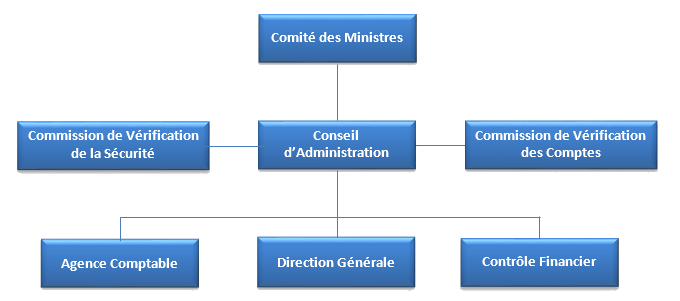
Committee of Ministers.
Defines the general policy of the Agency
- Meets at least once a year in an ordinary session; the presidency alternates on an annual basis.
The Board - Takes all necessary measures for the sound operation of ASECNA, through decisions made about the annual equipment and perational budgets.
- Meets at least twice a year.
The current Chairman as from January 01, 2011 is Mr. Jean François Thibaut from France.
The Managing Director
He is assisted by two (2) Directors. He is:
- Responsible for managing the Agency by implementing decisions made by the abovementioned two statutory organs.
- Responsible for recruiting all the staff of the Agency except for the Accounting Officer and the Financial Controller.
- Responsible for the administrative management of the Agency
- Charged with appointing in each Member State a ‘Representative’ responsible for carrying out the Agency activities in the State of transfer.
The Accounting Officer
- He/she is appointed by the Board following consent of the Committee of Ministers.
- He/she keeps the general accounting and the operating accounting.
- He/she prepares the financial account, submits it to the Audit Committee for verification and presents it later to the Board
The Financial Controller
He/she is appointed by the Board upon approval by the Committee of Ministers. He/she is assigned with a general mission:
- Controlling the management of the institution
- Supervising all operations likely to directly or indirectly have economic and financial repercussions.
The Audit Committee
- It is made up of three members appointed by the Board.
It prepares a report on the regularity of the accounting management of the Agency on behalf of the Board and each sector-Minister. - Makes reasoned proposals on the discharge to be given to the Accounting Officer.
Safety Control Committee
It is made up of four experts who are appointed by the Board.
- It provides assistance to the Board in its duties relative to ensuring safety and therefore monitors the setting in place and the smooth operation of the Safety Management System (SMS) in compliance with the ICAO standards and recommended practices.
Direction Générale

|
Le directeur général est nommé par le Conseil d’administration après désignation par le Comité des ministres pour une durée de quatre(4) ans, renouvelable une fois. Il assure la gestion de l'Agence en exécution des décisions prises par les deux instances statutaires précitées;
Le Directeur Général est assisté dans l'exécution de sa mission par six (6) Directeurs. |
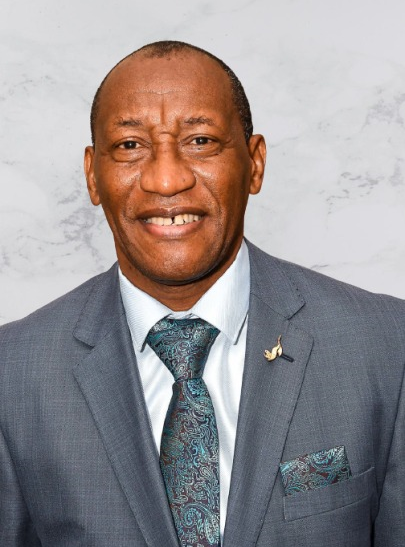 |
|
Le Directeur Général Prosper ZO'O MINTO |
|
Comité de direction |
||
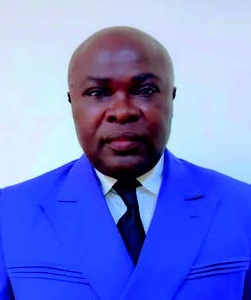 |
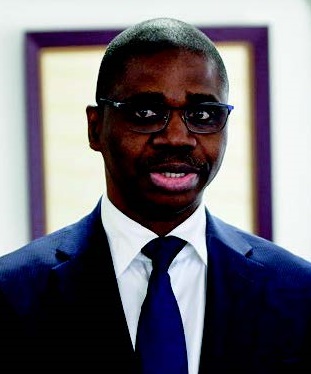 |
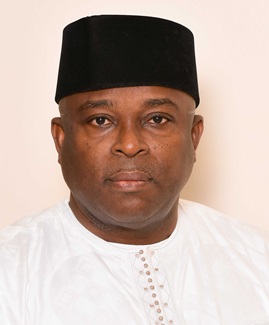 |
|
Joachim Tchissambou Mbondou Directeur de Cabinet du Directeur général |
Sidi Koné Directeur de l'Exploitation de la Navigation Aérienne |
Arouna Rahimi Touré Directeur Technique |
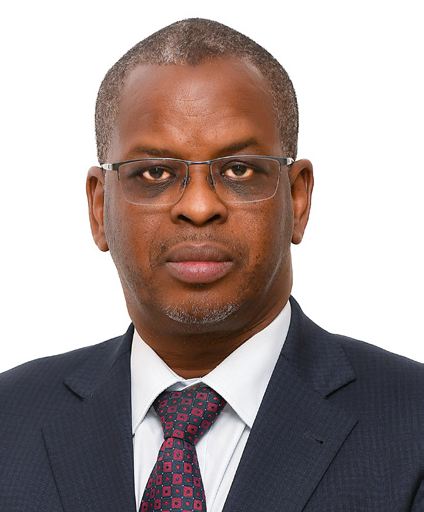 |
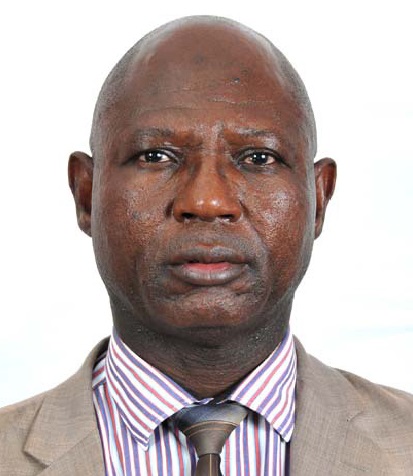 |
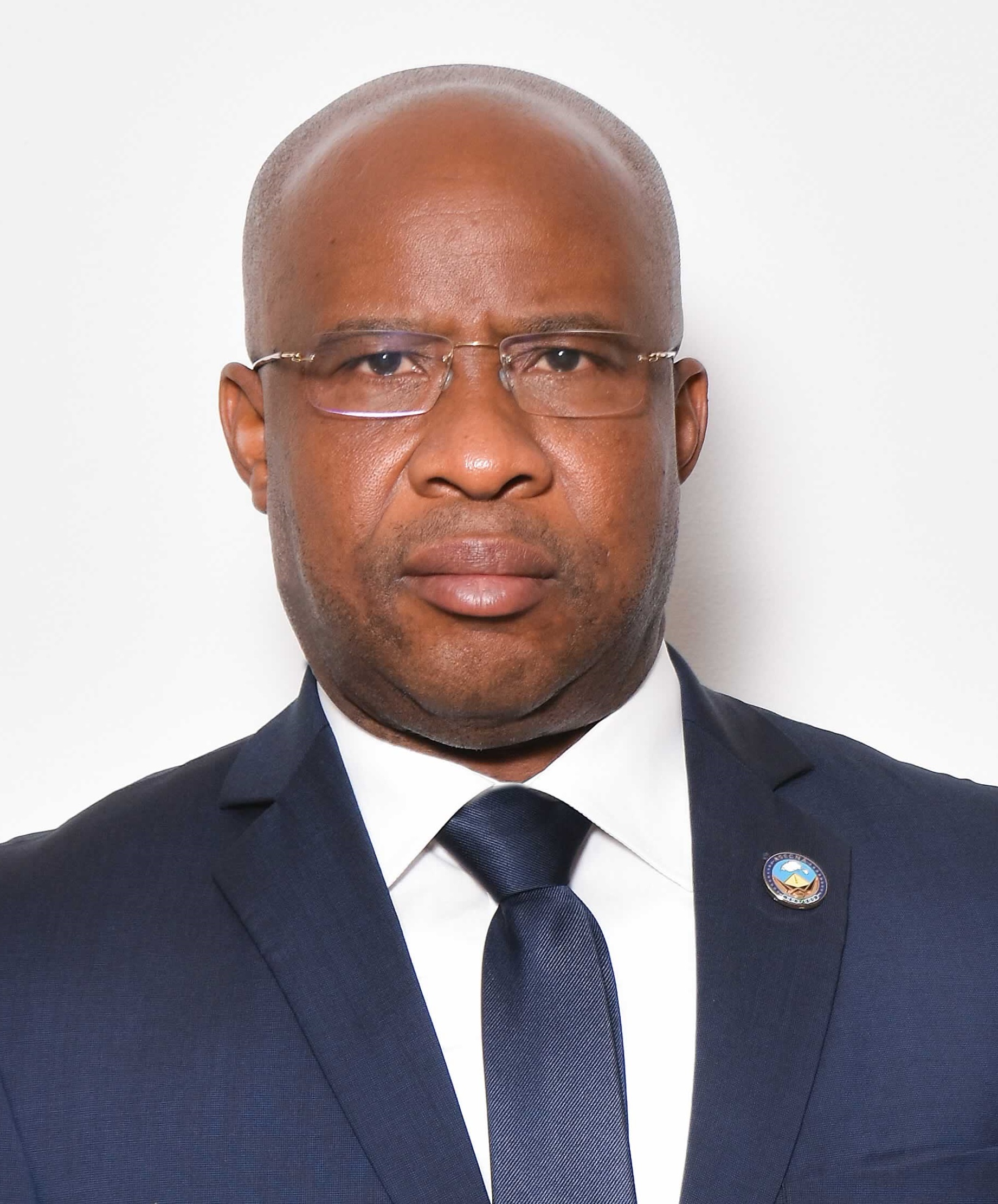 |
|
Mamadou TALL Directeur des Ressources Humaines |
Mohamed Yattara Directeur des Contrôles Internes et des Systèmes de Gestion SSQE |
Louis Prince Agbodjan Directeur des Ressources Financières et du Budget |
Partenariat
Face aux défis présents et futurs qui l'interpellent, l'ASECNA développe un solide réseau de partenariat dans différents domaines, en vue d'une meilleure maîtrise des évolutions technologiques de son secteur d'activité et un élargissement de son champ d'action.
Technique
En vue de mieux offrir son expertise en partage avec tous les Etats africains, l'ASECNA a fait le choix de recourir au partenariat avec de grands Groupes industriels européens à travers la co-fourniture de services aux meilleurs coûts et qualité. Une option se justifiant, au-delà de l'objectif de satisfaction de notre mission de base, par une volonté de diversification de ses produits, et rendue nécessaire par les mutations inhérentes à l'introduction de la haute technologie dans notre secteur d'activité.
Financier
Eu égard à la crédibilité grandissante dont bénéficie l'ASECNA, les partenaires financiers sont prêts à participer de manière significative au financement du Plan de Services et Equipements 2014-2017 initié par l'ASECNA, qui poursuit la modernisation de ses équipements et installations techniques.
L'Agence est ainsi en mesure de réaliser tous les investissements nécessaires à la satisfaction des besoins des usagers de ses services, à savoir les compagnies aériennes.
Social
Habitat
Pour faciliter à ses agents l'accès au logement, aux meilleures conditions financières possibles, l'ASECNA soutient des initiatives portant sur le financement des opérations de promotion immobilière dans les pays membres de l'Agence, au bénéfice exclusif de ses agents.
Relations de travail
Le BIT-Bureau International du Travail- qui porte une appréciation positive sur le Protocole d'Accord entre l'Agence et son personnel, accompagne celle-ci dans ses efforts de maturation du dialogue social.
CVS (Commission de Vérification de la Sécurité )
Créée le 12 janvier 2010, elle est composée de quatre (4) experts désignés par le Conseil d'administration pour un mandat de trois (3) ans renouvelable une (1) fois.
- Assiste le Conseil d'Administration dans ses attributions relatives à la sécurité et à ce titre, suit la mise en place et le bon fonctionnement d’un système de gestion de la sécurité (SGS) conforme aux normes et pratiques recommandées par l’OACI.
Agent Comptable
|
L'Agent Comptable, nommé par le Conseil d'administration après agrément du Comité des Ministres pour une durée de six ans, non renouvelable.
|
|
Conseil d'administration
|
Le Conseil d'administration est composé d’un administrateur pour chaque Etat membre. Il prend les mesures nécessaires au fonctionnement de l'Agence et peut proposer au Comité des ministres toutes les mesures pouvant concourir à l'élaboration de la politique générale de l'Agence. Il se réunit en session ordinaire au moins deux fois l'an : • Session de juillet/août :
• Session de décembre :
D'autres réunions du Conseil sont organisées lorsque les besoins de l'Agence l'exigent. Le président est nommé, après accord du Comité des ministres, par le Conseil d'administration parmi ses membres. Son mandat est de trois ans, renouvelable une seule fois. La présidence est assurée depuis le 1er mai 2023 par M. Rolland Fidiariseheno RANJATOELINA (Madagascar). |
|
Comité des Ministres
|
Constitué des ministres en charge de l'aviation civile des Etats parties, c’est l'organe suprême de l'Agence. Il se réunit au moins une fois l'an en session ordinaire avant le 31 juillet de l'année civile sauf décision contraire du Président du Comité des Ministres. Il définit la politique générale de l'Agence, et notamment sa stratégie, et s'assure de sa mise en œuvre. A ce titre, il est notamment chargé:
Il se prononce sur les demandes d'adhésion à la Convention. La présidence est tournante, à un rythme annuel. Elle est assurée actuellement par Madame Fatima Goukouni Weddeye, Ministre en charge de l’Aviation Civile du Tchad.
|
|
Contrôle Financier
|
Le Contrôleur Financier est nommé par le Conseil d'administration, après agrément du Comité des Ministres, pour une durée de six (6) ans non renouvelable. Il exerce un contrôle indépendant sur les actes des ordonnateurs de l’Agence avec une mission générale :
|
|
Agence comptable
|
Nommé par le Conseil d'administration après agrément du Comité des Ministres, pour un mandat de six (6) ans non renouvelable, L'Agent Comptable :
|
|

